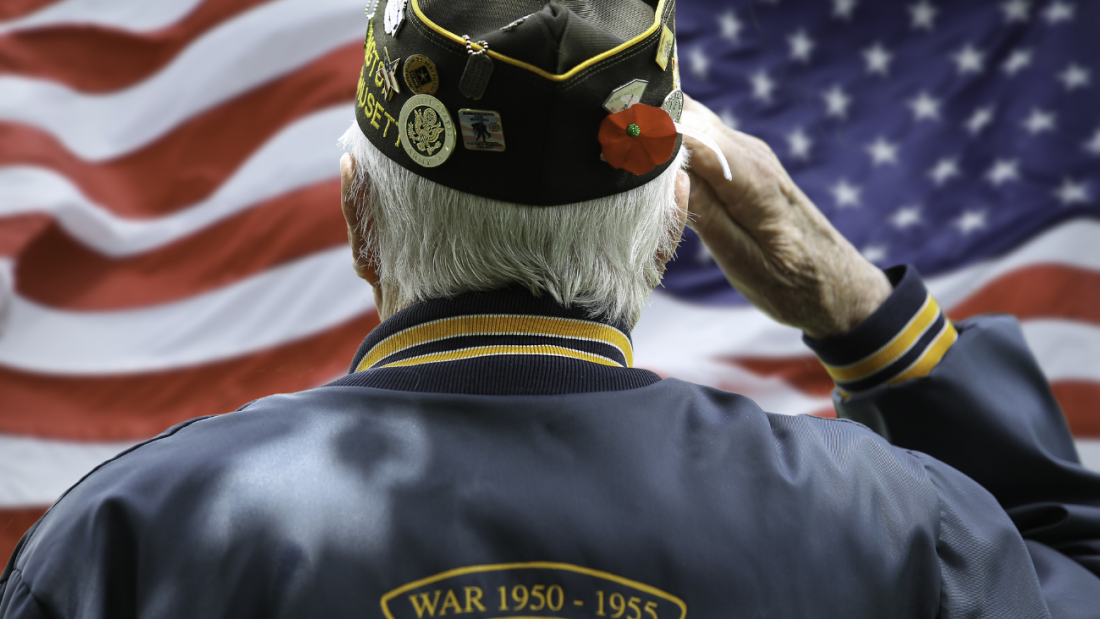You’ve spent a lifetime building your legacy, but now you’re tossing and turning at night, worried about how your heirs might handle it. As a Calabasas elder lawyer, I’ve sat across the desk from countless clients who share these concerns. They wonder: Will my wishes be respected? Could one of my children challenge my decisions? Might my healthcare choices become a family battleground?
If these thoughts are robbing you of peace, it might be time to consider a family meeting – with a legal twist.
When Family Dynamics Threaten Your Legacy
It’s not uncommon for clients to come to me with fears that their carefully crafted estate plan might unravel due to family discord. I’ve heard worries about a child crying foul, claiming undue influence by siblings, or disagreements over end-of-life care decisions. Some fear challenges to the fairness of asset distribution, while others suspect their appointed executor might mismanage finances.
These worries aren’t unfounded. When emotions run high, even the most loving families can find themselves at odds. That’s where a family meeting, facilitated by your Calabasas elder lawyer, can be a game-changer.
More Than Just a Family Gathering
Now, this isn’t your average family gathering around the dinner table. Think of it as a powerful opportunity to clearly communicate your wishes, address potential conflicts head-on, and provide a forum for questions and concerns. It’s a chance to establish transparency in your planning process and nip misunderstandings in the bud.
The Role of Your Calabasas Elder Lawyer
As your Calabasas elder lawyer, I can guide this meeting to ensure it’s both productive and peaceful. We’ll meet in a neutral setting – our office provides a professional environment that sets the tone for serious discussion. I’ll walk everyone through your estate plan, explaining key decisions and the reasoning behind them. This is crucial because it helps your heirs understand that your choices aren’t arbitrary but well-thought-out.
Legal Backing for Peace of Mind
One of the most valuable aspects of this meeting is the legal backup I can provide. I’ll explain how your wishes are legally documented, reassuring your heirs of the plan’s validity. This can go a long way in preventing future challenges to your estate.
Opening the Floor for Discussion
Of course, questions will arise, and that’s a good thing. We’ll have a Q&A session where family members can ask for clarification. This open dialogue often leads to better understanding and can prevent future conflicts. If disagreements do surface during the meeting, we can address them constructively, potentially avoiding costly and emotionally draining legal battles down the road.
The Lasting Benefits of a Family Meeting
The benefits of such a meeting are immense. It can significantly reduce the likelihood of future estate challenges, provide clarity for all family members, and address misunderstandings before they escalate into conflicts. But perhaps most importantly, it can give you peace of mind, knowing you’ve taken proactive steps to preserve family harmony.
Taking the First Step
If you’re worried about potential conflicts among your heirs, don’t let those concerns fester. As your Calabasas elder lawyer, I’m here to help you navigate these delicate family dynamics. A facilitated family meeting could be the key to ensuring your wishes are understood and respected, while preserving the relationships you hold dear.
When you’re ready, let’s talk about setting up a family meeting. Together, we can work to create understanding, foster communication, and protect your legacy – not just on paper, but in the hearts of your loved ones. To learn more, simply contact our office at 818-334-2805 to schedule a consultation.




